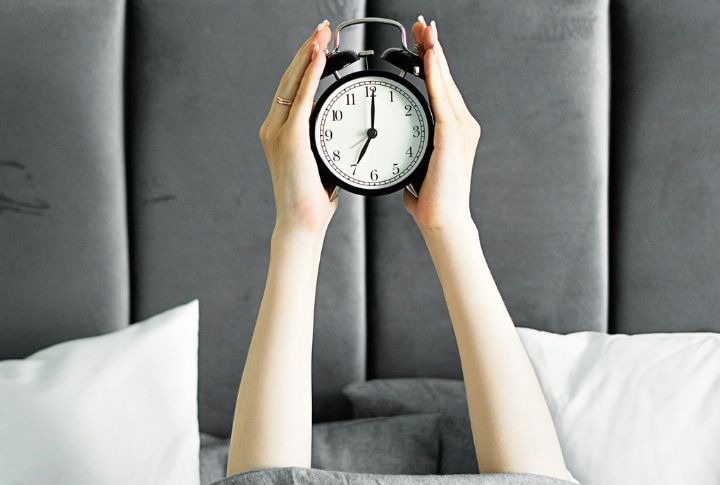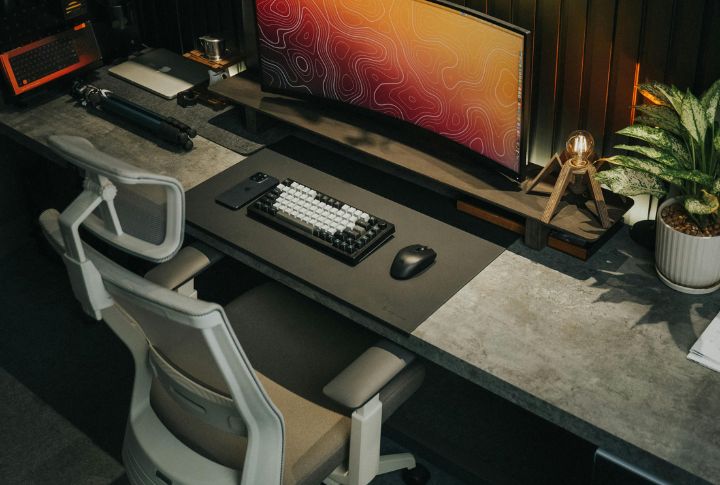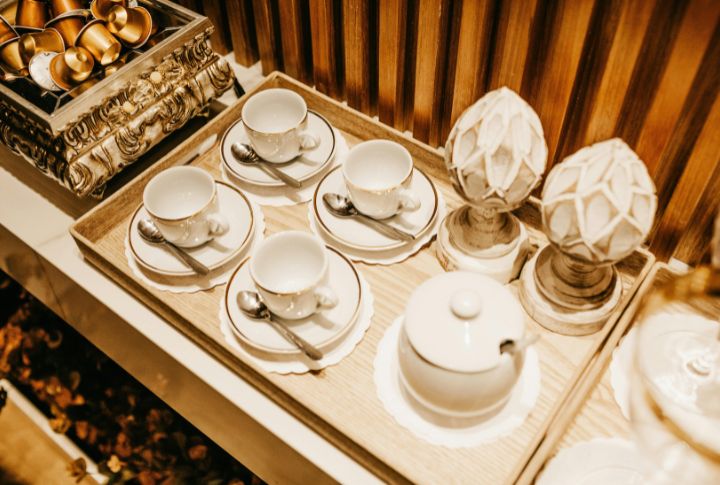
Smart people tend to shape their surroundings with purpose, making choices that support focus, creativity, and calm. That is why their homes often show habits that encourage clear thinking and productive routines rather than just decoration or luxury. Paying attention to these details can reveal how the environment shapes behavior. Keep reading to find out 10 everyday items that tend to appear in spaces where intelligence quietly guides how life is organized.
Whiteboard Or Corkboard

Forget a dusty school board. What about a physical canvas for your brain? Smart people know their thoughts aren’t always linear. Having a big whiteboard or a corkboard lets them scribble, pin, and connect ideas visually, creating a real-world map of their mind’s workings. It’s an excellent tool for non-linear thinking.
Noise-Canceling Headphones

Silence isn’t an absence of sound—it’s an environment you can control. For anyone with a high-functioning brain, distractions are a drain on mental energy. Noise-canceling headphones turn their environment into a focused zone. They also shield attention and let deep work flow without distractions interfering.
Well-Stocked Bookshelf

Books are man’s best friend, and a well-used bookshelf is a window into an active mind. The books someone keeps on display tell a story about their curiosity and where their intellect leads them. It’s a collection that speaks volumes about a lifelong dedication to learning and exploring different narratives.
Reusable Water Bottle

Regular use of reusable products demonstrates a long-term planning mindset, which correlates with traits like conscientiousness and problem-solving. Choosing items designed for repeated use reduces consumption, minimizes environmental impact, and signals structured, thoughtful behavior—a hallmark of high cognitive efficiency.
Multi-Port Charging Station

Look, we all have too many devices. Smart people don’t let that become a mess. Multi-port charging stations organize cluttered cables into neat order and make powering every device simpler. It’s also a subtle sign that someone values efficiency and tidiness in their space—and it helps free up time and energy.
Analog Clock Or Timer

In a world full of digital notifications, an analog clock is a rebellious act. It gives you a tangible sense of time passing without the constant pinging. The simple visual cue even helps with staying present and focusing on a single task, a kind of elegant, old-school productivity hack.
Puzzles And Brain Games

Crosswords, Rubik’s cubes, or logic puzzles signal a mind that enjoys mental workouts. People with high IQs tend to integrate these small challenges into daily life, keeping cognition sharp while having fun with tangible problem-solving.
Notebook Or Journal

Ideas come and go in a flash. That’s why a notebook is so essential. It’s a safe place to capture those random thoughts, sketch out a plan, or just vent. It’s also a low-tech tool for high-level thinking, and a private space to organize thoughts for reflection without any distractions.
Ergonomic Chair

Brains need a body that can keep up. High-IQ individuals often invest in ergonomic chairs because comfort isn’t luxury—it’s strategy. Proper posture reduces fatigue, supports longer focus sessions, and encourages sustained thinking. A chair that cares for your spine quietly fuels sharper ideas and mental endurance.
Quality Coffee Or Tea Setup

For intellectual minds, coffee or tea isn’t an afterthought. A dedicated setup transforms a morning beverage into a mental warm-up. Every pour, stir, and sip primes focus, patience, and clarity—tiny cues that boost productivity without anyone noticing the secret strategy at work.

